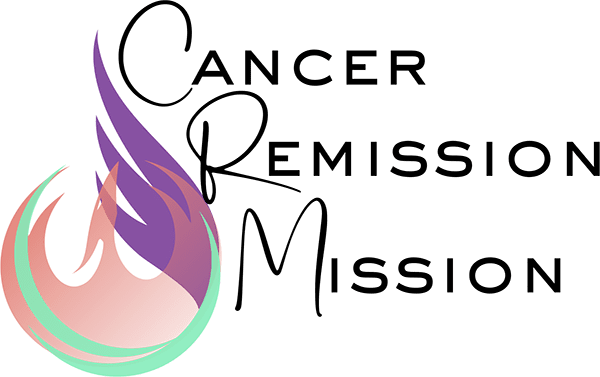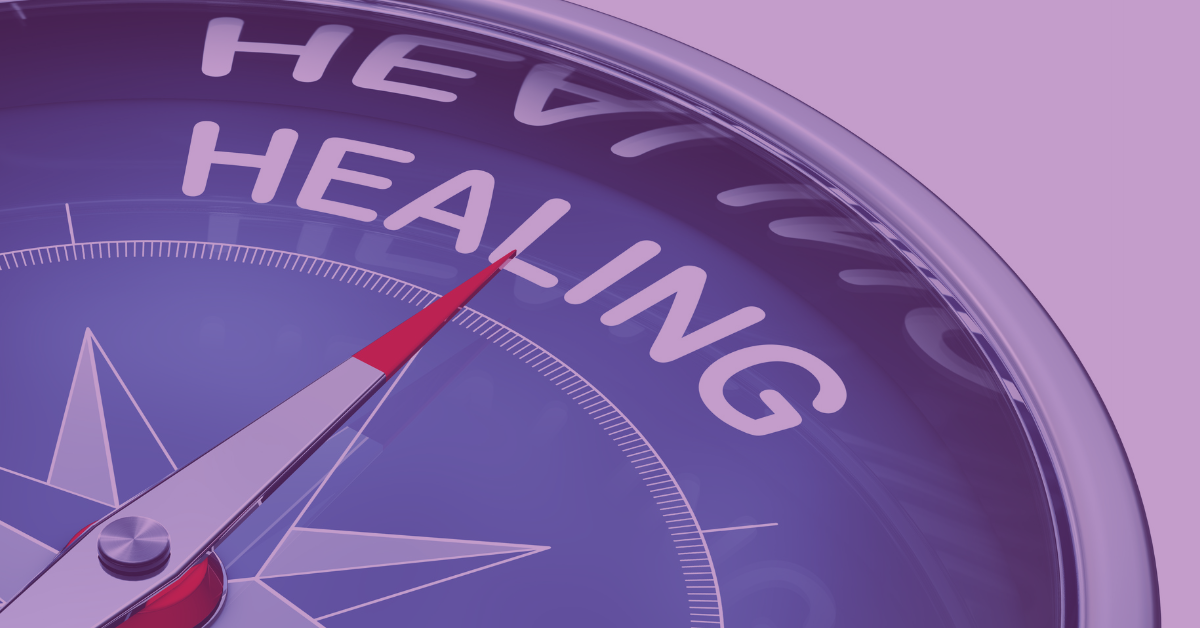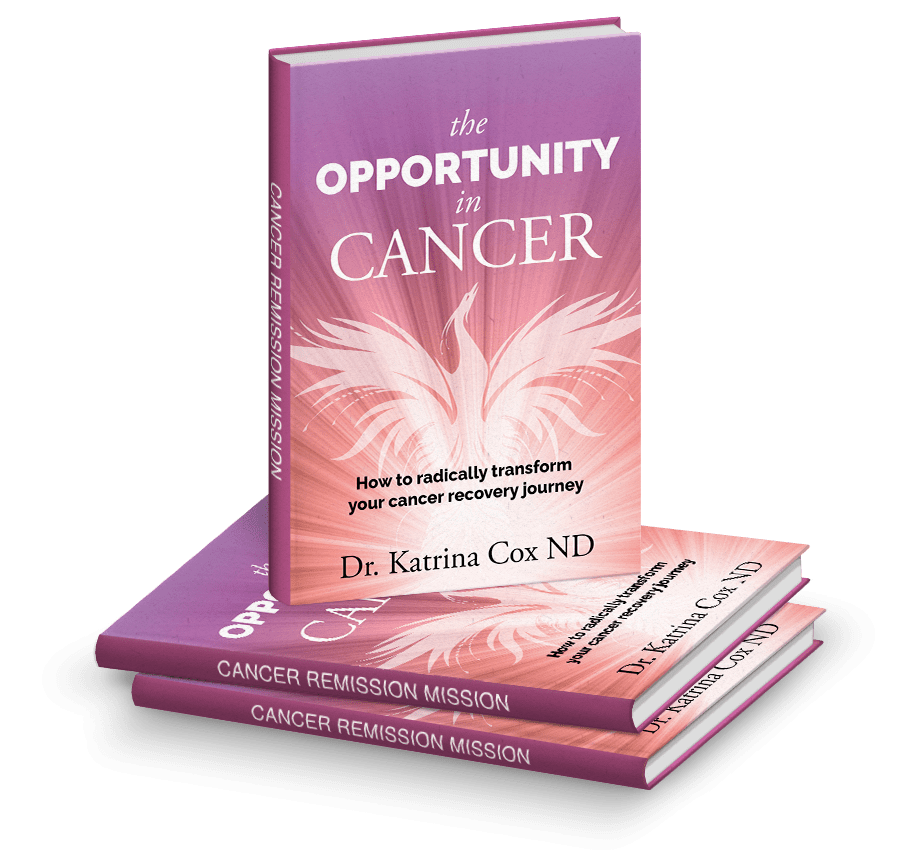As a naturopathic doctor with a cancer remission focus, I understand the importance of support for cancer survivors. In this blog post, I will share some of my insights on how to discover the right cancer support group to help you thrive on your recovery journey.
More than anything, support is really about connection. As human beings, we all require connection in some way. Everyone has a different level and type of connection that they need to feel supported. There are people who are introverted that don’t really want to connect all the time, but need to know they can reach out to others when needed. Then there are extroverts that are really fired up by connection, feel energized by being around people.
No matter what, we all need some level of connection, whether it’s one really good friend or a spouse or a neighbour. Connection is part of the human experience. Relationships with others are often what provides a richness and meaning to the things we go through in life.
The importance of connection was made very evident by the global pandemic, where lockdowns created restrictions on how we interacted with others. The things that have happened in the last three years show that this connection is key for our mental health, our wellbeing, just our health in general, and of course, for us to be able to maintain our humanity and process emotion as challenging things are going on in our lives.
This mirrors what people experience in the cancer recovery realm as well. Being left on our own to figure out how to process the trauma and emotions that are associated with receiving a diagnosis and going through treatment is not an easy feat. We need that support from those around us to help process what our future looks like and the big emotions that come with the cancer journey.
The Cancer Journey is NOT Straightforward
A patient of mine, a breast cancer survivor, had been given the “all clear” and was continuing to come to see me on a regular basis for ongoing support to feel her best. She was in her fifties, her kids were grown, and she got through treatment well, with no major concerns beyond the cancer itself. However, she still came to me because she wanted to make sure that she was making all the right choices to take care of her health. Through this we developed a strong foundation and a good relationship.
Five years after remission, she felt like something was wrong. She was gaining weight for an unexplained reason, she was feeling fatigued, and she started to see some abnormal discharge vaginally, and she really didn’t feel comfortable with it. She went to her oncologist who reassured her that “Everything was fine.” She asked to get a referral to an OBGYN, who also told her, “Everything’s fine.” She then went to a second OBGYN, to whom she finally said “I really would like to just do a hysterectomy. With my cancer history and everything else, I’d really like for us to just do this.” The OBGYN agreed and they did a complete hysterectomy. On the recovery table, the OBGYN said to her, “I’m really glad you did this, because I found a tumor that they didn’t see on the ultrasound and it was cancerous.”
Although her perseverance and trust in her instincts allowed the cancer to be discovered, she unfortunately had to process the cancer diagnosis once again. She told her family, who was her major support network and she broke down emotionally because it was a lot to process. She had to process her fears of the future and having to go through treatment again, but also the sadness and feelings of defeat that come with no longer being able to say she was “5 years cancer-free.” She was still working, and she had just stepped into this realm of having to take a look at what life was really like.
Her physical health was also different this time around. She discovered that her hot flashes, related to the hormonal changes associated with her hysterectomy, were much worse when she was stressed. Her physical symptoms were linked to these emotional underpinnings, which made it even more vital that she focus on her mental health as well as physical health.
Reconnecting Means Disconnecting from Distractions
 In our busy lives, it is easy to become overly “connected” to the point of distraction. We over-extend ourselves at work and in our community, out of obligation. We consume social media in an effort to feel a sense of connection to others, but only really skimming the surface of what relationships are really made of. For this patient of mine, we worked through those distractions, setting boundaries and disconnecting from social networks that weren’t serving her. We focused from there on a plan to hone in on people in her life that she could truly call her “support network” and find meaningful ways to stay connected with them.
In our busy lives, it is easy to become overly “connected” to the point of distraction. We over-extend ourselves at work and in our community, out of obligation. We consume social media in an effort to feel a sense of connection to others, but only really skimming the surface of what relationships are really made of. For this patient of mine, we worked through those distractions, setting boundaries and disconnecting from social networks that weren’t serving her. We focused from there on a plan to hone in on people in her life that she could truly call her “support network” and find meaningful ways to stay connected with them.
Her energy was limited, therefore this plan meant saying “No” to some people. This meant she had the energy and space for the relationships she really needed around her. This was a woman who was very extroverted and very likable. The second time through with the cancer, she identified that there were all these people who wanted to support her. However, despite feeling grateful for the amount of people who reached out, this amount of people contacting her was actually quite draining and overwhelming. We worked on distinguishing her “core” support from other supporters in her community, and found a strategy for how to set clear boundaries with everyone else. Doing this made a big difference in conserving her energy, and in terms of receiving the right kind of emotional support throughout her treatment.
How to Determine Who Is in Your Cancer Support Network
One of the things that I talk about with patients is identifying those core relationships. We ask some tough, but important questions:
Who in your life do you feel really connected to?
Which relationships give you a sense of fulfillment?
Which relationships make you feel heard and understood?
Which relationships do you feel most supported in?
Whether it be a spouse, friends, neighbours or coworkers, each relationship provides different types of connection.
You may go through your list of people and find you don’t have the type of support you need in your life at all. That’s okay! Don’t feel dismayed by this or on your own. It simply shows us where you may need to reach out and access other cancer support networks available to you.
Once you’ve identified your core relationships that you need to feel supported, you need to take action to connect with them. It can be a telephone conversation on a regular basis, or a visit together where you practice breathwork or meditating together. It could be doing some physical activity like a yoga class or a walk around the block. It could be sitting on a park bench and just talking. It could be doing something creative together. This is the one that I think a lot of people miss. That creative activity can be something that’s new, it can be something that you both enjoy.
Doing creative activities is actually a great thing if children are part of your support network. If you look at how we connect with children, one of the things that we do is usually creative. We’re often teaching them something, enjoying their company and doing something fun and artistic.Time spent sharing in a creative activity allows us to inspire each other, and foster that deep connection.
Finding Connection In the Community
If you really would like to learn more about support, why don’t you join us? The Cancer Remission Mission is presenting the Recovery Revolution Workshop. And the purpose is for cancer survivors and those in recovery to find connection with others that have the same or similar values, in a safe space where it’s non-judgmental and people can really work the system that I’m talking about. Getting those experiences, finding the things that you love and finding new friendships is one of the things that we’re going to focus on at our workshop. If you are interested in registering or want more information, click here.
As a naturopathic doctor with a cancer remission focus, I understand the importance of support for cancer survivors. In this blog post, I will share some of my insights on how to discover the right cancer support group to help you thrive on your recovery journey.
More than anything, support is really about connection. As human beings, we all require connection in some way. Everyone has a different level and type of connection that they need to feel supported. There are people who are introverted that don’t really want to connect all the time, but need to know they can reach out to others when needed. Then there are extroverts that are really fired up by connection, feel energized by being around people.
No matter what, we all need some level of connection, whether it’s one really good friend or a spouse or a neighbour. Connection is part of the human experience. Relationships with others are often what provides a richness and meaning to the things we go through in life.
The importance of connection was made very evident by the global pandemic, where lockdowns created restrictions on how we interacted with others. The things that have happened in the last three years show that this connection is key for our mental health, our wellbeing, just our health in general, and of course, for us to be able to maintain our humanity and process emotion as challenging things are going on in our lives.
This mirrors what people experience in the cancer recovery realm as well. Being left on our own to figure out how to process the trauma and emotions that are associated with receiving a diagnosis and going through treatment is not an easy feat. We need that support from those around us to help process what our future looks like and the big emotions that come with the cancer journey.
The Cancer Journey is NOT Straightforward
A patient of mine, a breast cancer survivor, had been given the “all clear” and was continuing to come to see me on a regular basis for ongoing support to feel her best. She was in her fifties, her kids were grown, and she got through treatment well, with no major concerns beyond the cancer itself. However, she still came to me because she wanted to make sure that she was making all the right choices to take care of her health. Through this we developed a strong foundation and a good relationship.
Five years after remission, she felt like something was wrong. She was gaining weight for an unexplained reason, she was feeling fatigued, and she started to see some abnormal discharge vaginally, and she really didn’t feel comfortable with it. She went to her oncologist who reassured her that “Everything was fine.” She asked to get a referral to an OBGYN, who also told her, “Everything’s fine.” She then went to a second OBGYN, to whom she finally said “I really would like to just do a hysterectomy. With my cancer history and everything else, I’d really like for us to just do this.” The OBGYN agreed and they did a complete hysterectomy. On the recovery table, the OBGYN said to her, “I’m really glad you did this, because I found a tumor that they didn’t see on the ultrasound and it was cancerous.”
Although her perseverance and trust in her instincts allowed the cancer to be discovered, she unfortunately had to process the cancer diagnosis once again. She told her family, who was her major support network and she broke down emotionally because it was a lot to process. She had to process her fears of the future and having to go through treatment again, but also the sadness and feelings of defeat that come with no longer being able to say she was “5 years cancer-free.” She was still working, and she had just stepped into this realm of having to take a look at what life was really like.
Her physical health was also different this time around. She discovered that her hot flashes, related to the hormonal changes associated with her hysterectomy, were much worse when she was stressed. Her physical symptoms were linked to these emotional underpinnings, which made it even more vital that she focus on her mental health as well as physical health.
Reconnecting Means Disconnecting from Distractions
 In our busy lives, it is easy to become overly “connected” to the point of distraction. We over-extend ourselves at work and in our community, out of obligation. We consume social media in an effort to feel a sense of connection to others, but only really skimming the surface of what relationships are really made of. For this patient of mine, we worked through those distractions, setting boundaries and disconnecting from social networks that weren’t serving her. We focused from there on a plan to hone in on people in her life that she could truly call her “support network” and find meaningful ways to stay connected with them.
In our busy lives, it is easy to become overly “connected” to the point of distraction. We over-extend ourselves at work and in our community, out of obligation. We consume social media in an effort to feel a sense of connection to others, but only really skimming the surface of what relationships are really made of. For this patient of mine, we worked through those distractions, setting boundaries and disconnecting from social networks that weren’t serving her. We focused from there on a plan to hone in on people in her life that she could truly call her “support network” and find meaningful ways to stay connected with them.
Her energy was limited, therefore this plan meant saying “No” to some people. This meant she had the energy and space for the relationships she really needed around her. This was a woman who was very extroverted and very likable. The second time through with the cancer, she identified that there were all these people who wanted to support her. However, despite feeling grateful for the amount of people who reached out, this amount of people contacting her was actually quite draining and overwhelming. We worked on distinguishing her “core” support from other supporters in her community, and found a strategy for how to set clear boundaries with everyone else. Doing this made a big difference in conserving her energy, and in terms of receiving the right kind of emotional support throughout her treatment.
How to Determine Who Is in Your Cancer Support Network
One of the things that I talk about with patients is identifying those core relationships. We ask some tough, but important questions:
Who in your life do you feel really connected to?
Which relationships give you a sense of fulfillment?
Which relationships make you feel heard and understood?
Which relationships do you feel most supported in?
Whether it be a spouse, friends, neighbours or coworkers, each relationship provides different types of connection.
You may go through your list of people and find you don’t have the type of support you need in your life at all. That’s okay! Don’t feel dismayed by this or on your own. It simply shows us where you may need to reach out and access other cancer support networks available to you.
Once you’ve identified your core relationships that you need to feel supported, you need to take action to connect with them. It can be a telephone conversation on a regular basis, or a visit together where you practice breathwork or meditating together. It could be doing some physical activity like a yoga class or a walk around the block. It could be sitting on a park bench and just talking. It could be doing something creative together. This is the one that I think a lot of people miss. That creative activity can be something that’s new, it can be something that you both enjoy.
Doing creative activities is actually a great thing if children are part of your support network. If you look at how we connect with children, one of the things that we do is usually creative. We’re often teaching them something, enjoying their company and doing something fun and artistic.Time spent sharing in a creative activity allows us to inspire each other, and foster that deep connection.
Finding Connection In the Community
If you really would like to learn more about support, why don’t you join us? The Cancer Remission Mission is presenting the Recovery Revolution Workshop. And the purpose is for cancer survivors and those in recovery to find connection with others that have the same or similar values, in a safe space where it’s non-judgmental and people can really work the system that I’m talking about. Getting those experiences, finding the things that you love and finding new friendships is one of the things that we’re going to focus on at our workshop. If you are interested in registering or want more information, click here.




